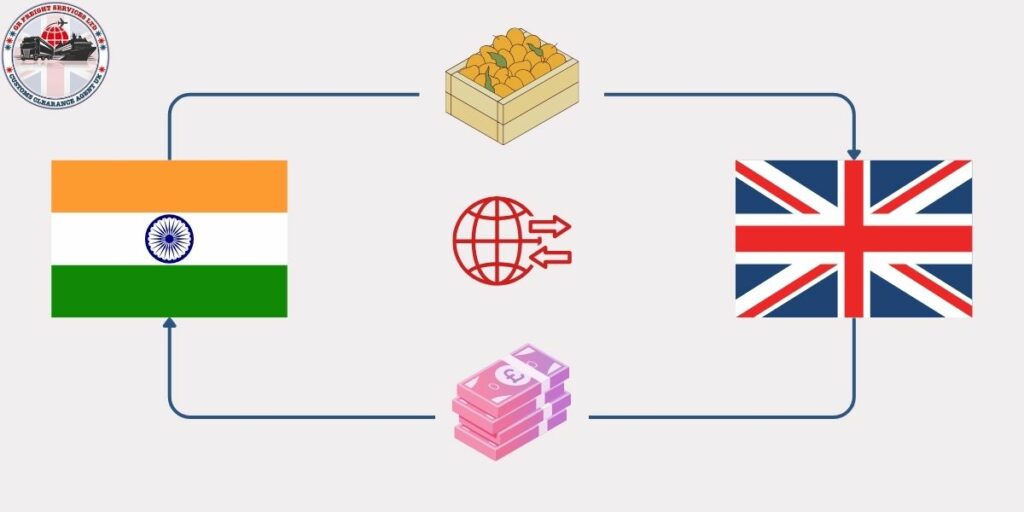Mango Import UK - Fresh Indian Mangoes Direct to Your Door
The arrival of Indian mangoes in the United Kingdom unfolds as a captivating narrative, intertwining cultural exchange with culinary delight. This importation not only establishes a profound connection between the subcontinent and British soil but also contributes significantly to the richness of the culinary experience.
The imported mangoes, particularly the renowned Alphonso and Kesar varieties, evoke heightened anticipation within UK markets every season. Their arrival is met with eagerness, as these fruits are cherished for their exceptional taste, vibrant hues, and luscious textures.

This trade not only gratifies the taste buds of mango enthusiasts but also contributes significantly to the agricultural sectors of both nations. The importation of these prized fruits nurtures international relations, creating a symbiotic relationship that fosters economic growth and mutual prosperity.
Which variety of Indian mango is considered the most superior for importation?
When it comes to Indian mangoes, the best type is often a subject of intense debate among fruit connoisseurs. While some argue that Alphonso is the undisputed king of mangoes with its rich, creamy flesh and sweet flavor, others swear by the fruity and tangy taste of Kesar.
Apart from the well-known Alphonso and Kesar, there exist other noteworthy Indian mango types, such as Langra, Dasheri, and Chaunsa, each possessing its unique characteristics. The choice among them boils down to personal preference, as each type offers a distinctive flavor profile and texture.
In recent times, the emergence of Mallika, a hybrid of Neelam and Dasheri mangoes, has captured attention. This new variety combines the best features of its parent mangoes, featuring a juicy taste and a reduced seed size.
Selecting the ideal Indian mango for import becomes a delightful journey of exploration. With over 1000 varieties cultivated in India, the key is to sample different types and discover the one that resonates most with your taste buds. Whether it’s the luscious Alphonso, the tangy Kesar, or any other variant, each Indian mango contributes a unique twist, fostering cultural exchange through the delightful medium of food.
How to import mangoes to UK from India?
Importing mangoes from India to the UK involves navigating specific rules and regulations established by both countries. This process encompasses obtaining essential licenses, adhering to phytosanitary requirements, and ensuring compliance with food safety standards.
To initiate the importation process, importers must secure an Import License from the Department for Environment, Food and Rural Affairs (DEFRA) in the UK. This license serves as assurance that the imported mangoes align with all the regulations and guidelines mandated by the UK government.
Following the license acquisition, the mangoes undergo inspection and certification by the Indian Agriculture and Processed Food Products Export Development Authority (APEDA). This certification is pivotal, confirming that the mangoes meet phytosanitary requirements and are devoid of pests or diseases.
Upon successful completion of the aforementioned steps, the mangoes are ready for shipment to the UK. Upon arrival, customs authorities conduct inspections to verify compliance with food safety standards.
Importers play a important role by ensuring the provision of necessary documentation, including the EORI Number and PEACH Registration. Moreover, they must fulfill all tax, duty, and fee obligations before the mangoes gain clearance for the UK market.
